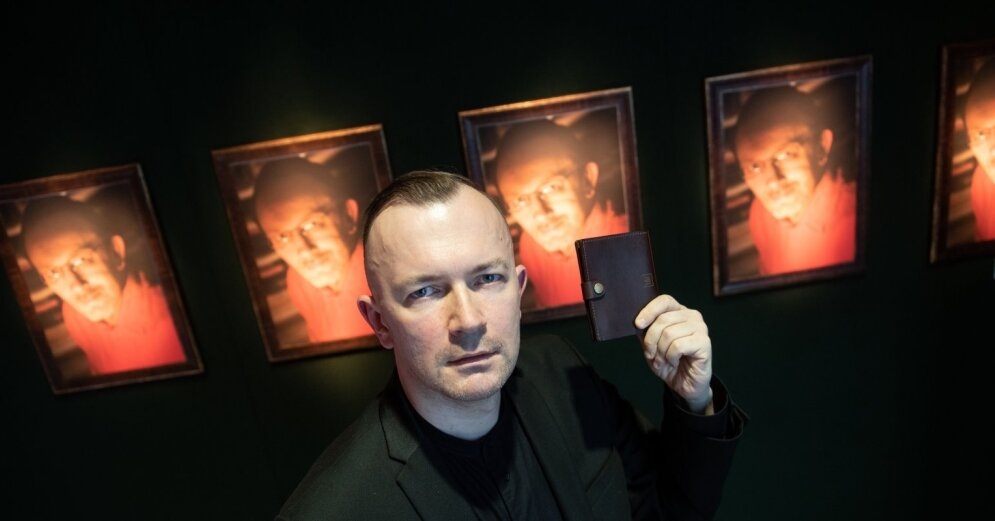Literary scholar and poet Kārlis Vērdiņš has just earned the highest possible recognition in Latvia for the third field of his professional activity – literary criticism, becoming the seventh recipient of the annual award in art criticism named after Normunds Naumanis. At the same time, Vērdiņš is the author of five adult and three children’s poetry collections, has repeatedly received almost all the most important literary awards in Latvia, as well as has been widely reviewed and published abroad. He is currently studying for a doctoral study in Comparative Literature at the University of St. Louis, USA, where he is writing a dissertation on Latvian interwar literature in the context of world modernism.
We contacted Kārlis Vērdiņš late Monday evening to talk about the importance of art criticism in contemporary Latvia, the crisis in our education and science sectors, and how we could get out of this crisis, as well as touching on Kārlis’ creative works and intentions. work – Jānis Lūsēns’ musical “The Child of the Star”, for whom Vērdiņš is the author of the libretto.
What does it mean to you to be nominated for the Normunds Naumanis Prize and receive it after more than 20 years of literary criticism? Don’t you feel like you’ve received a “lifetime award”?
Yes, my first review was published in 1998. However, such an award for critics is a relatively new idea; in the past, critics did not expect any awards. I have written a little in recent years because I live in America, so my contribution was rather poor. Last year, as a result of the pandemic, I stayed in Latvia and was finally able to turn to reviews. But it looks like it will be an exception, because right now my priority is to finish the dissertation, not to “rave” with reviews.
Returning to the Naumann Prize, I am fascinated by the titles of the specific reviews – “We rejoice in their graves full of joy” (a manifesto “Manifesto. From Futurism to the Present Day”) and “The Wise Dream of Egil Levit” , for which I am nominated, and what they say about my personality. (Laughs.)
But what does this say about the Naumann Prize jury?
–


